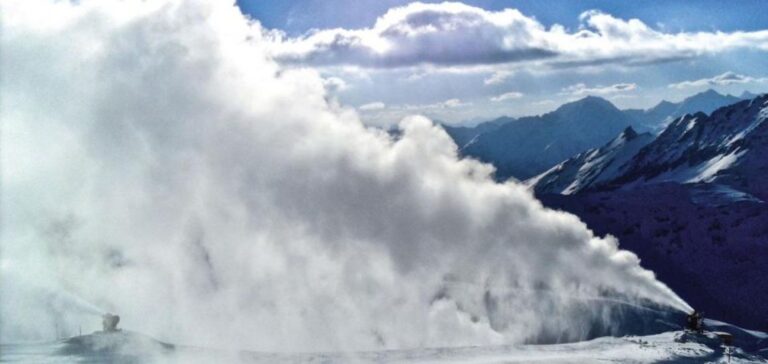Most of Europe is set to experience slightly warmer-than-normal temperatures from October to December this year, according to the latest forecasts published by the Weather Company.
Europe set for a slightly warmer-than-normal winter, but temperature uncertainties persist
In its forecast for the next four months, the Weather Company indicated on August 21 that temperatures would be 0.5 to 1 degree Celsius warmer than average for most of Europe in the fourth quarter. The exception is the UK, where temperatures could be 0.5 to 1°C below normal in November and December.
Temperatures will play a key role in the European gas market this winter, due to ongoing concerns about security of supply following reduced Russian exports and competition with Asia for marginal LNG cargoes. The market remains volatile, with EU and industry officials repeatedly warning against complacency this winter, despite stocks already over 90% built this month.
Winter prices are still significantly higher than forward prices. Platts, a division of S&P Global Commodity Insights, valued the TTF Winter 2023 contract on August 21 at 55.33 EUR/MWh, a premium of 15.10 EUR/MWh to the TTF forward month price of 40.23 EUR/MWh. The Weather Company’s closely watched forecasts suggest that the start of winter will not see any abnormally cold temperatures.
However, she said, “We’re not yet convinced that this winter will be super mild again, even if that’s the trend of recent winters, given the immense warmth of the North Atlantic and the assumption that blockages could be more frequent during these winters.” “Moreover, the evolution of the current El Niño event is the closest to the 2009-10 event, which experienced a huge blockage this winter,” she added.
European winter: The icy example of 2009-2010 and moderate forecasts for the use of gas storage facilities
The European winter of 2009-2010 was exceptionally cold, and is cited by the German storage group INES as an example of a very cold season. INES declared in June that, for the winter of 2023/24, its scenarios showed that gas storage facilities would be used only moderately when temperatures are high.
However, she said that under normal or cold conditions, the storage facilities would either be largely or completely emptied. The three temperature scenarios are warm (like the European winter of 2020), normal (2016) and cold (2010). Germany was one of the EU countries most affected by the reduction in Russian gas flows in 2022, with supplies via the Nord Stream gradually reduced and then interrupted at the end of August.
The country set itself strict storage targets last summer, going beyond those agreed at EU level, as part of new energy security legislation. He also called for 20% gas savings, more than the EU’s 15% target.






















